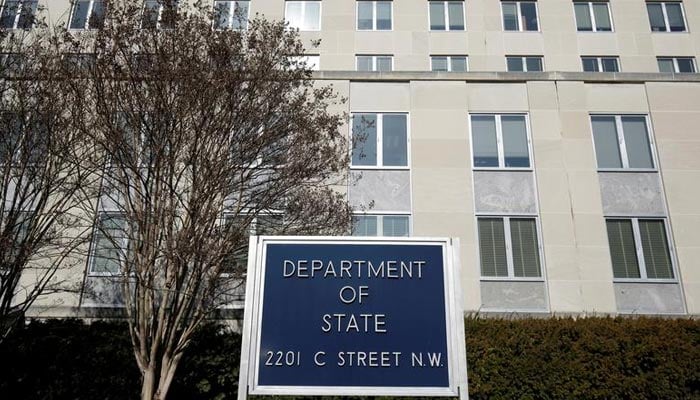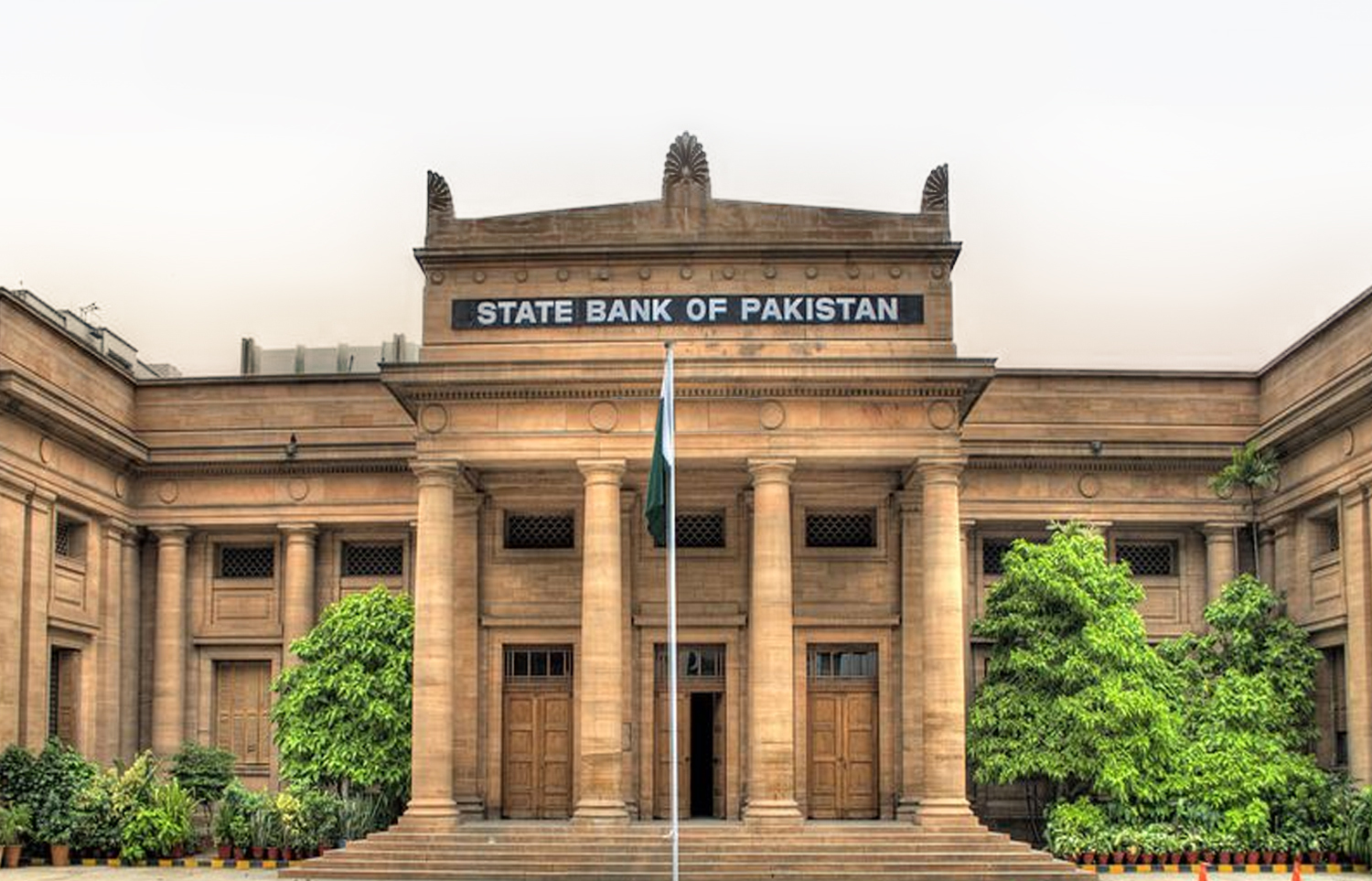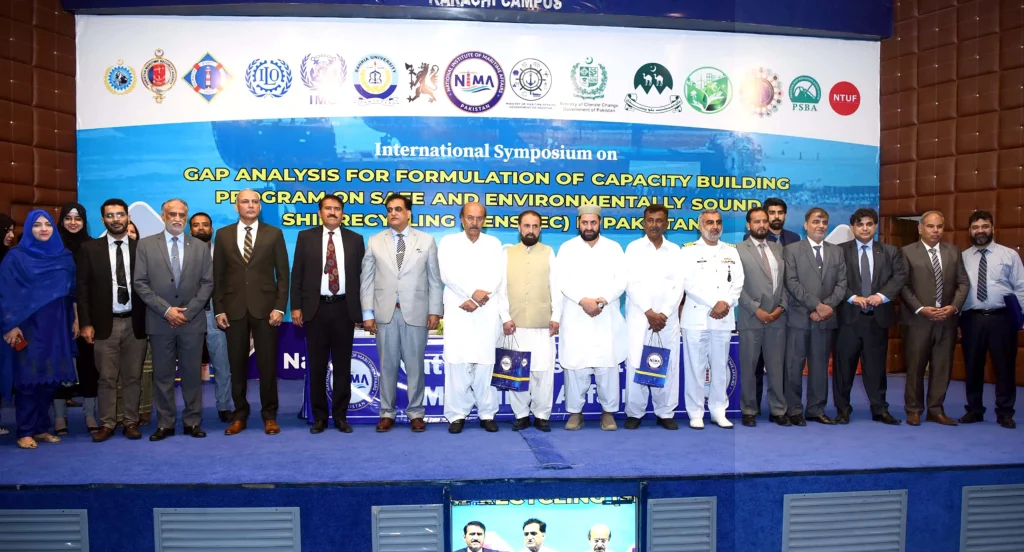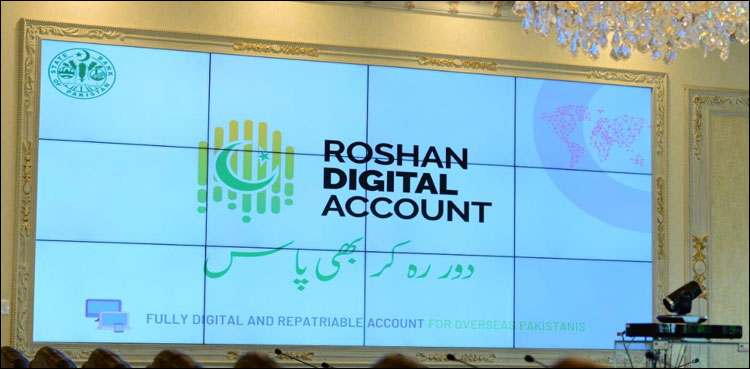- “Each country is going to make its own sovereign decisions,” US State Dept says.
- It says US never tried to keep Russian energy off the market.
- Last week, Pakistan placed its first order for Russian crude oil.
WASHINGTON: Days after Islamabad placed its first order for Russian crude oil, the United States confirmed that it has no objection to Pakistan’s decision to import oil from Moscow.
“Each country is going to make its own sovereign decisions as it relates to its energy supply,” US State Department spokesperson Vedant Patel said during its weekly briefing.
Last week, Pakistan placed its first order for Russian crude oil under a deal between Islamabad and Moscow with one cargo to dock at Karachi port in May.
Pakistan’s purchase gave Russia a new outlet, adding to Moscow’s growing sales to India and China, as it redirects oil from Western markets because of the Ukraine conflict.
“One of the reasons that the United States, through the G7, has been a big proponent of the price cap is to ensure that steps are not being taken to keep Russian energy off the market because we understand that there is a demand for supply,” he said.
The spokesperson emphasised that steps need to be taken to ensure that “Russian energy markets are not turning out to be a windfall for Putin’s war machine”.
The spokesperson maintained that countries will make their own sovereign decisions. “We have never tried to keep Russian energy off the market,” he reiterated.
The Group of Seven (G7) coalition, last week, decided to keep a $60 per barrel price cap on seaborne Russian oil, despite rising global crude prices and calls by some countries for a lower price cap to restrict Moscow’s revenues.
The G7 and Australia made the decision to maintain the cap over the past few weeks after a review of the $60 price — set in December last year with an aim to reduce Moscow’s ability to finance its war in Ukraine.
The oil price cap bans G7 and European Union companies from providing transportation, insurance and financing services for Russian oil and oil products if they are sold above the cap.
The US and Britain have also imposed restrictions on Russian oil imports.
Since Europe and the United States no longer import crude oil from Russia, the controlled purchase would only affect third countries, like Pakistan. Islamabad has not yet signed the accord, mainly because Pakistan does not import oil from Russia.
Details of Pakistan-Russia deal
Under the deal signed by the officials from Islamabad and Moscow, Pakistan will buy only crude, not refined fuels, State Minister for Petroleum Musadik Malik told Reuters.
Imports are expected to reach 100,000 barrels per day (bpd) if the first transaction goes through smoothly, he said.
“Our orders are in, we have placed that already,” he said, confirming source-based information that the country would not buy refined products.
A source in Moscow who is familiar with the negotiations told the foreign news agency that the final deal was reached in recent days.
The Russian government did not respond to a request for comment.
Major Russian oil companies have discussed the possible supply of oil to Pakistan over recent months, two trading sources familiar with the talks said, but declined to disclose the names of possible suppliers. One of the sources, speaking on condition of anonymity, said Russia plans to supply Urals crude to Pakistan.
Islamabad imported 154,000 bpd of oil in 2022, around steady with the previous year, data from analytics firm Kpler showed.
The crude was predominantly supplied by the world’s top exporter Saudi Arabia followed by the United Arab Emirates. The 100,000 bpd from Russia in theory greatly reduces Pakistan’s need for Middle Eastern fuel.
The US dollar historically has been the currency of oil trade, but the Ukraine war has eroded its dominance as Russia avoids receiving a currency it has been largely blocked from using by Western sanctions.
Pakistan’s economic crisis meanwhile means it is desperately short of hard currency.
Malik declined to say whether Chinese yuan and the UAE dirham would be used for transactions. He also did not comment on the rate of imports.
“I will not disclose anything about the commercial side of the deal,” he said.
Pakistan’s Refinery Limited (PRL) will initially refine the Russian crude in a trial run, followed by Pak-Arab Refinery Limited (PARCO) and other refineries, Malik said.

 Latest News2 days ago
Latest News2 days ago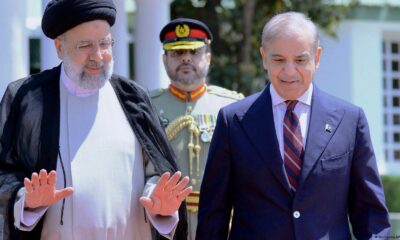
 Latest News2 days ago
Latest News2 days ago
 Latest News2 days ago
Latest News2 days ago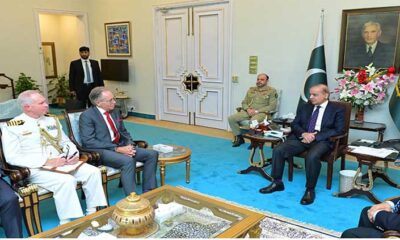
 Latest News2 days ago
Latest News2 days ago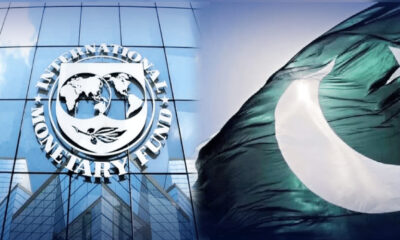
 Business1 day ago
Business1 day ago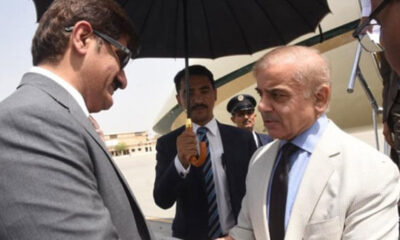
 Latest News2 days ago
Latest News2 days ago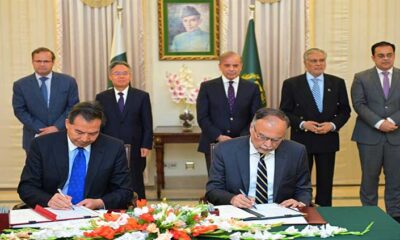
 Latest News2 days ago
Latest News2 days ago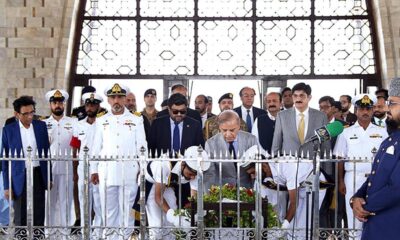
 Latest News2 days ago
Latest News2 days ago
